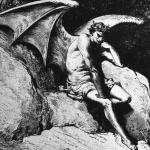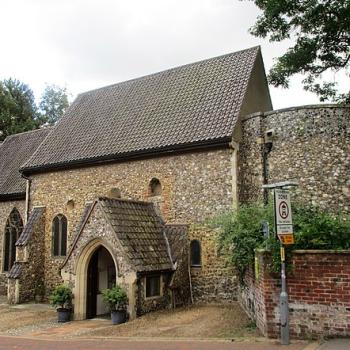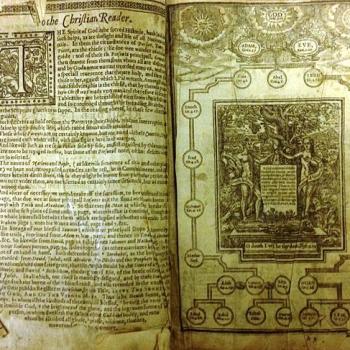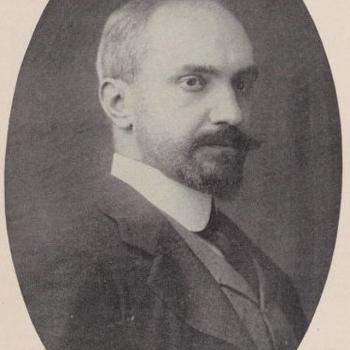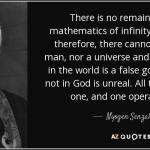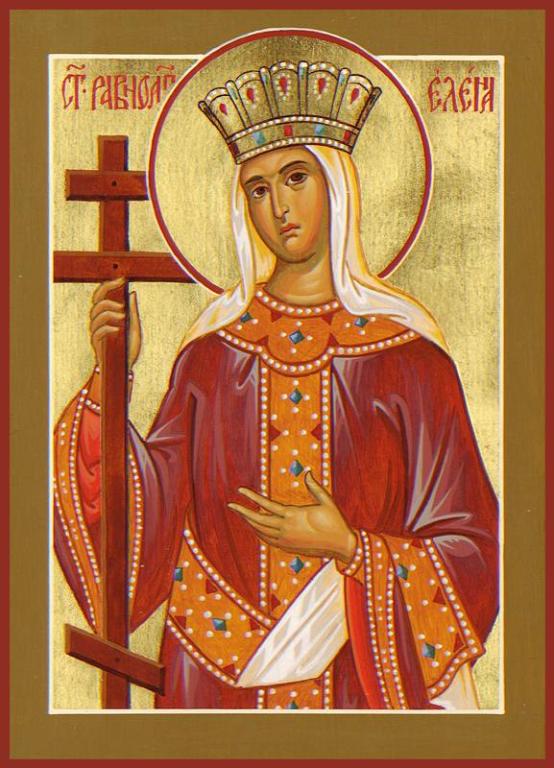
Me, I love saints.
I love the whole category of saints, holy people of their various religions. Holy people who are not quite considered gods, but who partake of something special.
Sometimes they’re martyrs for their faiths. Often they’re wonder workers, in large or small ways. They might have the marks of the divine like stigmata among Christians. They may blend into prophecy, or be charismatic teachers. A very important function of saints is as intercessors between humanity and the divine.
But, most of all saints, at least as I see it, as I find most attractive, is how saints are exemplars of the deep way.
In the West writ large, there are a ton of saints in the Roman & Orthodox calendars. Originally, in their corner of the Reformation, the Anglicans stripped their calendar down dramatically. Although they’ve been enriching it in very interesting ways over the last couple of hundred years. Mostly I like their calendar best. Although the Romans are the go to for obscure and surprising saints. Like, for instance, the Buddha.
Saints just have a way of popping up in the oddest of places.
Today, the 21st of May, marks the celebration of a prime example. One, I have to admit, I find very interesting. ‘Tis the feast of Helena of Constantinople, known in some circles as the Feast of the Holy Great Sovereigns Constantine and Helen, Equal to the Apostles.
Hard for me to imagine a blood thirsty tyrant like Helena’s son Constantine as an equal to the apostles. Although. I guess arguably as the author of what would become the normative face of Christianity, maybe. Sort of. And Helena. She’s much more attractive. He life is celebrated by the Catholic, the Orthodox and the Anglicans. Maybe some Lutherans, too.
As I noted Helena is the mother of Constantine “the Great.” We don’t want to confuse him with those lesser Constantines. Apparently the Brits like to say she was English, and want her to have been the daughter of a king. Others suggest a lower rank, including stable maid. Whatever, it doesn’t look like her life was all that easy. Until her son took over as head of the Roman Empire. Then things changed.
She was a pious person, an actual Christian, I believe. Unlike the rest of that clan who were in the tyrant business above all else. I don’t think there’s blood on her hands. Her major contribution to the church was to the religious tourist industry in Israel & Palestine. As well as giving the relic industry a much need shot in the arm. One angle on something that I think is actually much deeper. Or, co-exists with spiritual tourism. Pilgrimage. I will return to this in a moment.
Between 326 and 328 Helena traveled to the Holy Land and her tour guides at the time helped her to “discover” the sites of the nativity in Bethlehem, the ascension, Jesus’ tomb, the true cross, including several of the nails from the cross, as well as, on a side trip, the site of the burning bush.
Pretty cool. And I have no doubt she believed these were all exactly what they were presented as. So. I admit I don’t see equal to the apostles. Mother of the author of Christianity, Inc., perhaps. Patron saint for religious tourism, you bet. And, maybe a representative of something deeper. Again. Pilgrimage.
And something else. People don’t make themselves saints. Okay, some try. But, they’re at best always suspect. Saints, real saints, if you will, are woven out of many things. Some of it flesh and blood. Some of it a lived life. But other strands include human longing. And hope. And dreams. Put together by many people over time.
Miracles occur in their presence. They become icons. Saints are icons in the spiritual sense of sacred images. Whatever the great mess that came together in time and space to create them, they become windows into heaven.
And so, worthy of a pause. And a noticing. Helena. What invitation does her life bring to the spiritual pilgrim? Like, in this case, perhaps, a dive into the mysteries of pilgrimage itself.
The online version of my personal favorite dictionary for American English, Merriam-Webster gives two definitions for that word “quest.” First as “a journey made in search of something” and second, “a long and difficult effort to find or do something.” “Pilgrimage,” as it turns out, is also given two definitions. The first is “a journey to a holy place” and the second is “a journey to a special or unusual place.”
The dictionary goes on to cite the first usages for both English words in the fourteenth century. That can be a bit confusing as pilgrimage is one of the oldest of spiritual practices, and the idea of a quest is perhaps the oldest literary motif there is, songs of quest were sung around campfires, and became the subjects of the first bards in far distant antiquity. The quest is our human desire to find the treasures of our hearts. Pilgrimage is the journey of the heart. They are something critical for us, if we ever want to move from our status quo, from the comfortable shallows of our lives, and into our depths.
And, let’s be clear, like pretty much all spiritual practices, pilgrimage can be a way of avoiding the real deal, becoming tourists rather than pilgrims. There’s that famous story where a businessman, infamous for his harsh dealings with others, telling Mark Twain of his plans to take a pilgrimage to the Holy Land. “I’m going to climb Mt Sinai,” he explains. “And from the top of the mountain I’m going to read out the Ten Commandments to the world.” Twain replies, somewhat dryly, I imagine, “Or, you could stay in Boston, and try to keep them.” There is that.
I’ve known people who see their spiritual journey as a pilgrimage in a way that misses the point. The dream quest for them is a running away from the problems and difficulties of life. I suspect we need to take heed of that Buddhist text which proclaims, “how sad that people ignore the near, and search for truth afar.” Pilgrimage is not about running from, but rather running to.
Pilgrimage is a lot like that Medieval Jewish story of the man who dreams of a treasure buried by a lamppost at the edge of a bridge, who takes off on his quest, on his pilgrimage, and after much hardship finds the spot. While digging at the foot of the lamppost a policeman stops him. When the pilgrim tells his story, the policeman laughs and says he had such a dream himself, and in minute detail describes the man’s own basement. But, the policeman continues, you don’t see me chasing off after such things. Leaving the man in peace to return home and dig up the treasure.
That man had to wander in order to come home. Life’s pilgrimage is taking that walk, wandering out, and then going home. Often in order to find the true treasure we need to step out, to walk about, to experience the sacred way, in order to find our home.
It’s as natural as breathing. Who, as a child or, maybe today, hasn’t had a fantasy about embarking on an adventure and toward some wonderful object? This intuition, dream, aspiration, is about as baseline human as it gets. We all, or, just about every one of us, dreams of that better. I suggest the dream version is itself the origin of all quest. And, I think pilgrimage brings the dream of quest down to the earth. Pilgrimage is what we actually do out of that great dream.
It’s about taking that walk, long or short, home.
So. A pause is in order. A moment to notice and to reflect.
A saint shows us the way. Certainly one of the true ways…
***
Through the eyes of religion
Through the eyes of an archeologist
And to conclude a delightful three minutes about pilgrimages. It’s supposed to be for kids. But. You know…
Icon of Helena may be purchased at the Damascene Gallery.


